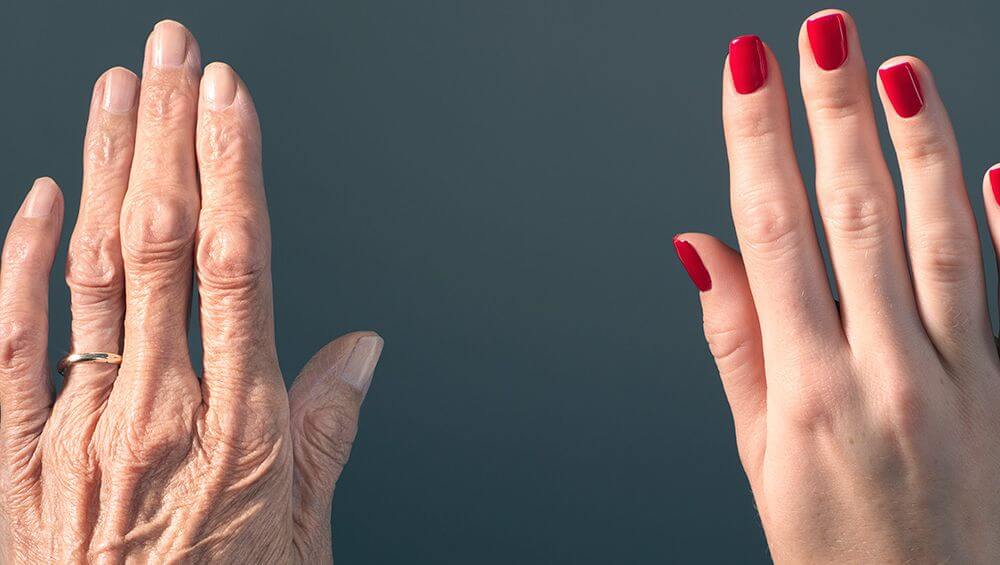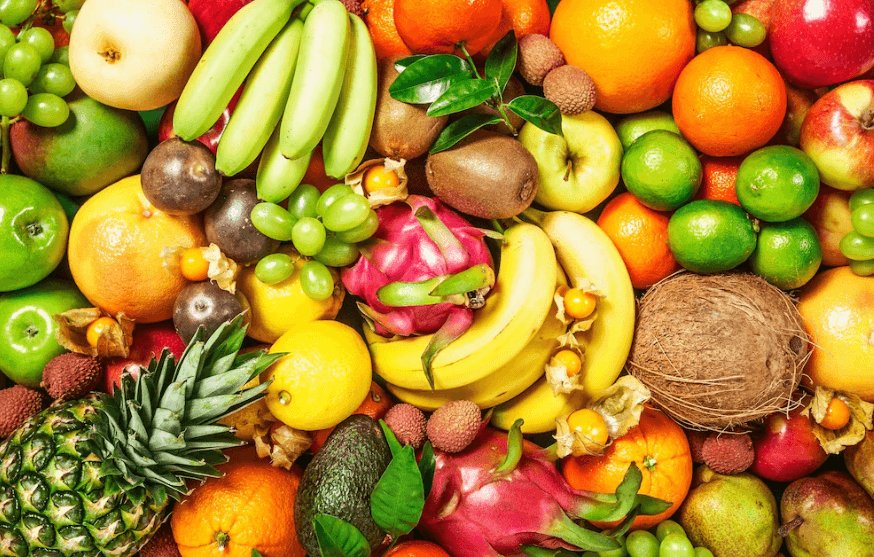What is Reverse Aging:
Reverse Aging is delaying or reversing the biological aging process in humans, It is also known as age reversal or anti-aging. It’s vital to remember that actual reverse aging, as shown in science fiction movies or some anti-aging commercials, does not yet exist, despite the topic receiving a lot of interest in research, medicine, and popular culture.
The natural and complex process of biological aging is defined over time by an increased susceptibility to illnesses and death as well as a steady loss of physical capabilities. Despite improvements in age-related medical and scientific studies, including lifestyle adjustments, dietary changes, physical activity, and numerous therapies, no technique has been conclusively shown to entirely reverse the aging process.
How to Reverse Aging Naturally:
There are several natural lifestyle practices and habits that can help promote healthy aging and potentially slow down the effects of aging. Here are some tips:
- Eat a Healthy Diet: Consume fruits, vegetables, whole grains, lean proteins, fatty fish, berries, nuts, and leafy greens, and healthy fats. Avoid excessive consumption of processed foods, sugary beverages, and foods high in saturated and trans fats.
- Stay Hydrated: Drink plenty of water all day long to keep your body properly hydrated. For the body and skin to be healthy, proper hydration is necessary.
- Exercise Regularly: Regular physical activity, including cardiovascular exercise, strength training, and flexibility exercises. Exercise can help maintain muscle mass, improve cardiovascular health, and boost overall vitality.
- Get Enough Sleep: Prioritize quality sleep. Aim for 7-9 hours of sleep per night. Establish a consistent sleep schedule.
- Manage Stress: The aging process can be accelerated by ongoing stress. So, to reduce stress and encourage relaxation, try practicing mindfulness, yoga, deep breathing, or meditation.
- Protect Your Skin: Use sunscreen to protect your skin from UV radiation, which can lead to premature aging and skin damage. Stay hydrated & use moisturizers to maintain skin elasticity and reduce the appearance of wrinkles.
- Avoid Harmful Habits: Refrain from smoking and limit alcohol consumption, as both can accelerate the aging process.
Reverse Aging foods:
There are a number of foods that are known to improve general health and may help lessen some of the impacts of aging on the body, but there are no specific “reverse aging” foods that can magically turn back the hands of time on the aging process. Here are some foods to consider in your diet:
- Fruits and Vegetables: Berries (e.g., blueberries, strawberries, raspberries)
- Leafy greens: Provide essential vitamins and minerals that support skin (e.g., spinach, kale, Swiss chard).
- Fatty Fish: Fatty fish like salmon, mackerel, and sardines are high in omega-3 fatty acids.
- Nuts and Seeds: Nuts and seeds are excellent sources of healthy fats, fiber, and antioxidants that can promote skin and heart health. (e.g., flaxseeds, chia seeds, almonds, walnuts).
- Olive Oil: Extra virgin olive oil is rich in monounsaturated fats and antioxidants, which can help reduce the risk of chronic diseases and support healthy aging.
- Legumes: Beans, lentils, and chickpeas are good sources of plant-based protein, fiber, and essential nutrients that support overall health.
- Yogurt and Fermented Foods: Probiotic-rich foods like yogurt, kefir, and sauerkraut can support gut health, which is linked to overall well-being and may have implications for skin health.
- Colorful Vegetables: Vegetables like carrots, and sweet potatoes.
Reverse Aging Biologically:
Several approaches and theories related to reverse aging have been explored:-
- Genetic and Cellular Manipulation: Scientists are investigating ways to manipulate genes and cellular processes that are associated with aging. This includes research into genes that regulate cellular senescence (the process by which cells lose their ability to divide), telomere lengthening (the protective caps on the ends of chromosomes), and DNA repair mechanisms.
- Caloric Restriction: Some studies have shown that caloric restriction, or significantly reducing calorie intake while maintaining essential nutrients, can extend the lifespan of certain organisms. This approach is being investigated for its potential to slow down aging in humans.
- Senolytics: Senescent cells are cells that have stopped dividing and are associated with aging-related diseases. Senolytic drugs are being developed to selectively remove these cells from the body, potentially improving health and longevity.
- Regenerative Medicine: Research in regenerative medicine aims to repair or replace damaged tissues and organs, which could contribute to age-related health problems. Stem cell therapy and tissue engineering are areas of active exploration.
- Anti-Aging Drugs and Supplements: Various compounds and supplements, such as resveratrol and metformin, have been studied for their potential anti-aging effects. However, their efficacy in humans remains a topic of debate and ongoing research.
Also Read: How to reverse aging your skin
Reverse Age Calculator:
You can find quick solutions to your computation and conversion needs with online tools. This can calculate the date and year of birth given an age number. click here
Chronological Age:
Chronological age refers to a person’s age as measured by the calendar, typically counted in years from the day of birth. It is the most common way of defining and categorizing a person’s age. For example, if a person was born on January 1, 1998, their chronological age would be 25 years old if the current date is January 1, 2023. To know yours’s click here.
Read Also: 6 Healthiest Fruits






